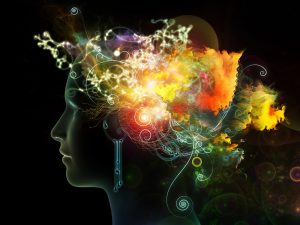Structure provides the foundation, but allows for flexibility within that stability.
From Shame to Strength
When you feel better about yourself, you want to keep feeling good, and you will be more excited about continuing the healthy behaviors.
Relationship Issues May Contribute to Disordered Eating
It’s really important to form healthy relationships with others while you’re forming a healthy relationship with yourself.
Moving Body Image out of the Shadows
Body image often remains in the shadows of therapy, overshadowed by seemingly more pressing issues. However, addressing how we perceive and care for our bodies is fundamental to overall well-being. This article delves into the importance of integrating body awareness and appreciation into therapeutic practices, highlighting techniques like Accelerated Resolution Therapy (ART) to heal past traumas and improve body image. Discover practical tips for fostering a healthier mind-body connection and enhancing your overall quality of life.
ART in Action
Combining talk therapy with ART is allowing me to address the core issues facing my clients, so they can really enjoy long-term recovery.
Anticipating the Holidays
This can be a beautiful time of the year. It can also be stressful. Here are my top self-care tips for the holiday season.
Seeing Food Everywhere
Just like you can detach from people who trigger strong emotions in you, you can detach from foods that do the same thing.
You Can’t Heal Food Addiction by Treating Emotional Eating
In some cases, you might not know the food addiction is there until you start to unravel the emotional problems.
Quiet Your Food Thoughts with a Plan
A food plan creates a nice boundary around the food—your food is figured out for you.
Are You An Emotional Eater?
Recovery from emotional overeating is not easy, and there truly is no quick fix. But if you start where you are, stay gentle with yourself, and enlist the right kind of support, you can experience the freedom of recovery.
- 1
- 2
- 3
- …
- 9
- Next Page »










